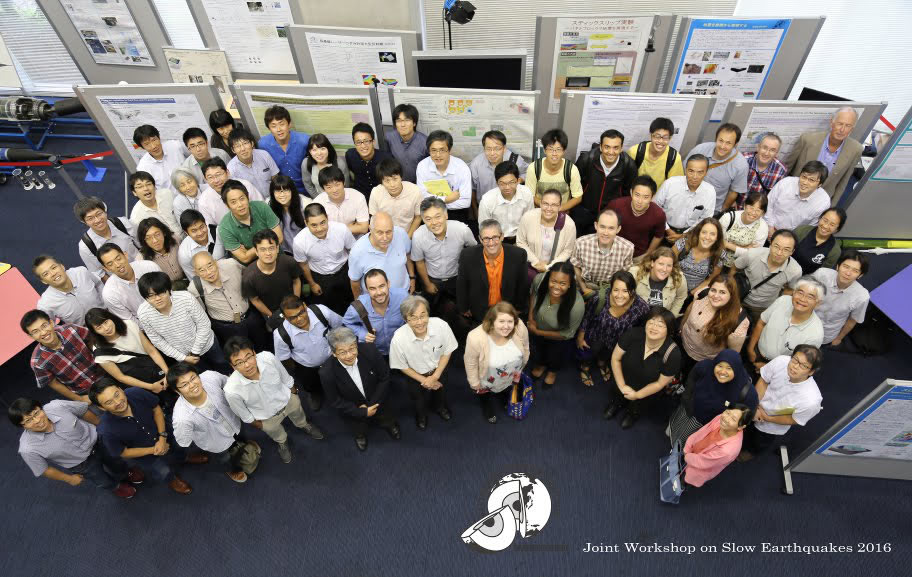Events / Activities2016
Dec.26-27, 2016
The 2nd C02 workshop was held.
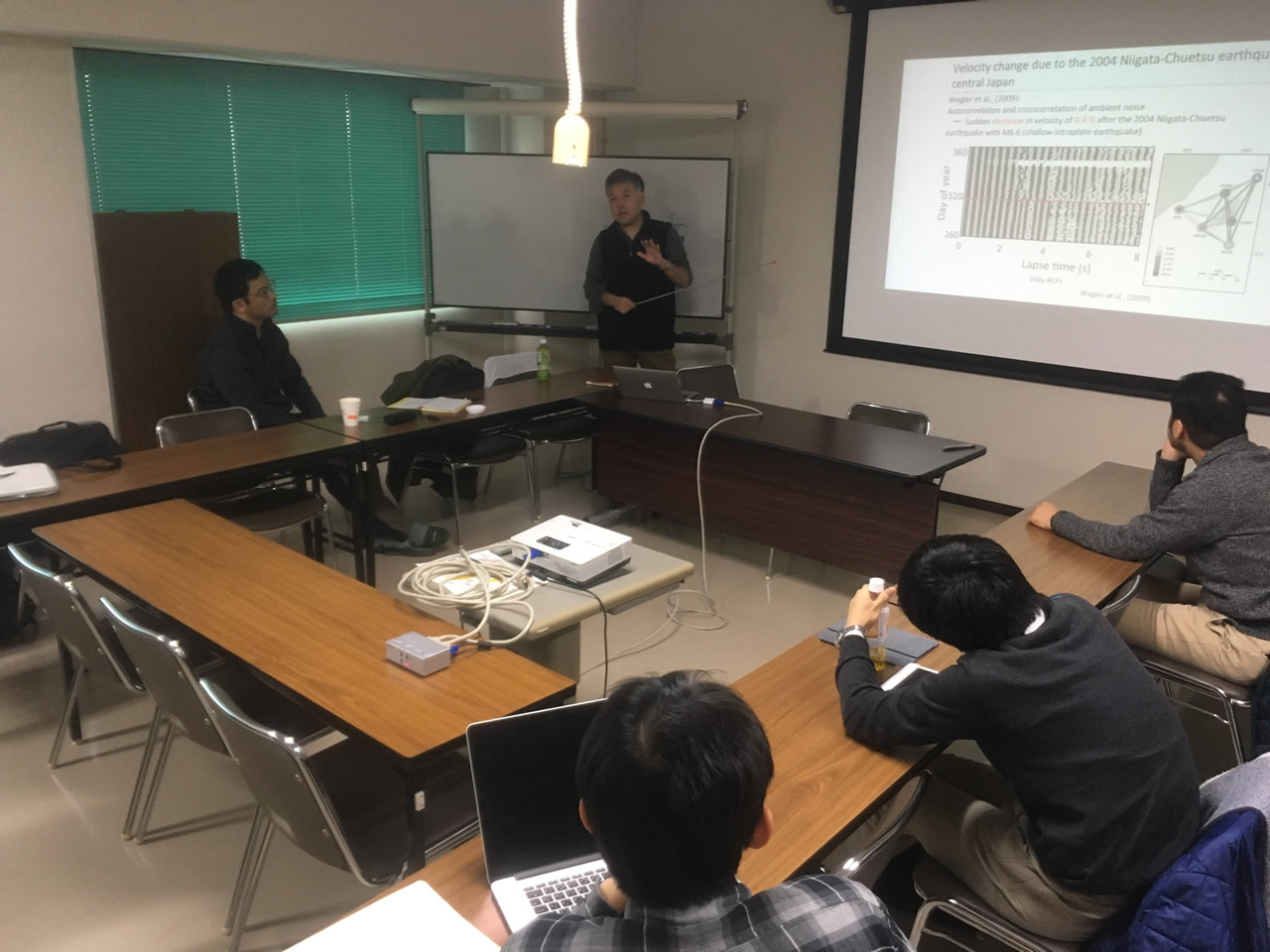
Dec.22, 2016
Paper "Tremor activity inhibited by well-drained conditions above a megathrust" by Professor Nakajima, J. et al. was published in Nature Communications 7, 13863 doi: 10.1038/ncomms13863 (2016).
URL : http://www.nature.com/articles/ncomms13863
press release by TIT : http://www.titech.ac.jp/english/news/2016/036751.html
Dec.14, 2016
Professor Ide was chosen for AGU fellow

Nov.07-Dec.11, 2016
Dr. Natalia Poiata of the National Institute for Earth Physics, Romania, stayed at the Earthquake Research Institute, The University of Tokyo to examine development of a new system of constructing the deep low-frequency tremor catalogue for Group A01.
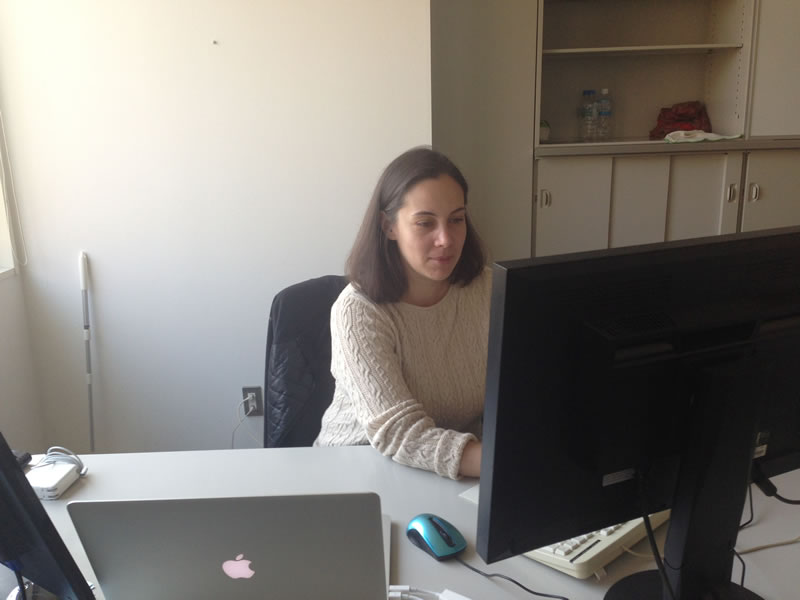
Dec.07, 2016
Special seminar by Dr. Stuart Henrys and Professor Martha Savage was held.
Nov.11-13, 2016
Kickoff excursion in Mugi Town, Tokushima Prefecture was held.

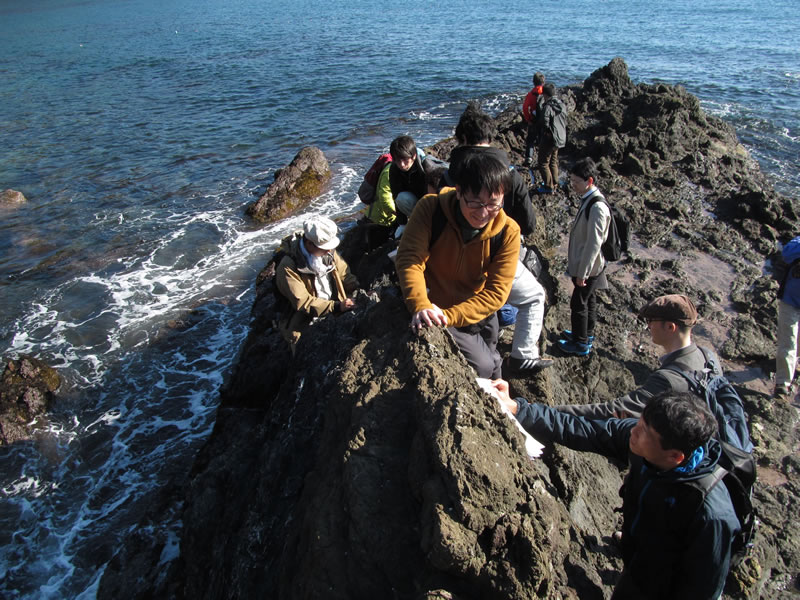
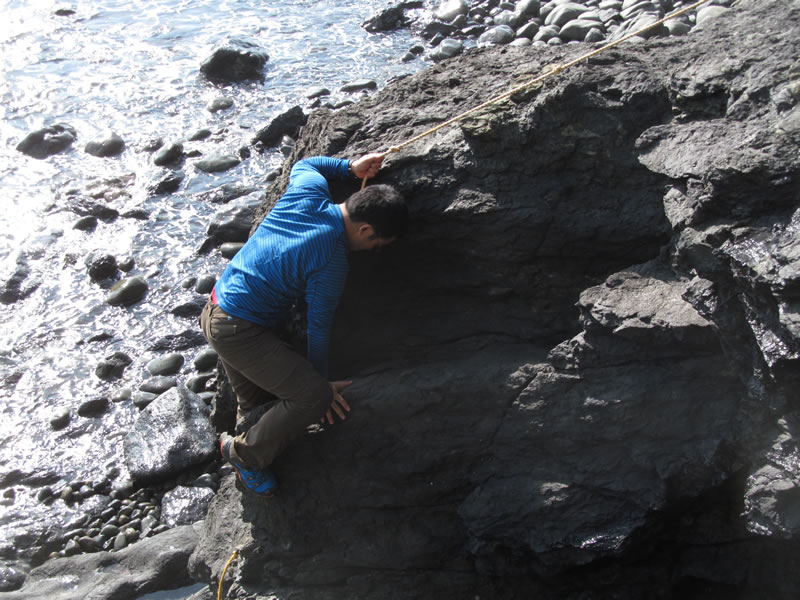
Nov.07-11, 2016 Chile-Japan Academic Forum 2016 at Patagonia
Satoshi Ide (School of Science, The University of Tokyo, Leader of Group C01)
The Chile-Japan Academic Forum 2016 was held in Patagonia, Chile (South America) from November 7 to 11, 2016. The forum was co-hosted by The University of Tokyo, Universidad de Chile and Universidad Católica. The two-day seismology workshop provided an opportunity for intense discussions about mega-earthquakes, tsunamis, and slow earthquakes. Additionally, the forum provided an excursion opportunity to see a glacier (photograph). Chile is one of the most ideal places to study the relationship between mega-earthquakes and slow earthquakes. A sophisticated research environment has been rapidly organized for seismology researches. For instance, a new seismic observation network has been installed recently. We used this forum as an opportunity to develop future collaborative projects with researchers abroad, and in the domain of Scientific Research on Innovative Areas, various projects are presently in the pipeline.
Click here for Chile-Japan Academic Forum 2016 at Patagonia
(http://eventos.cmm.uchile.cl/chilejapanforum2016/)
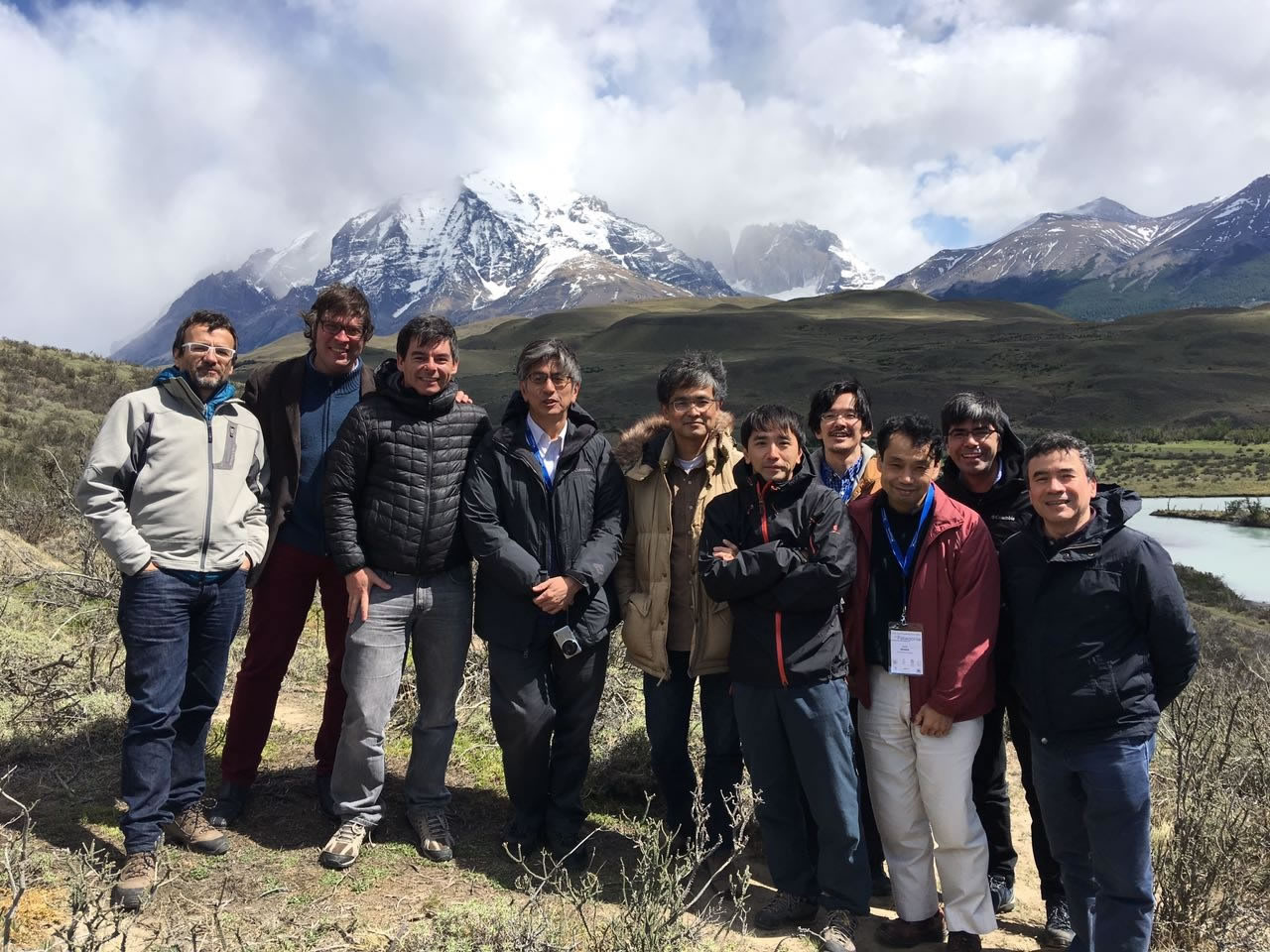
Sep.13-15, 2016
Joint Workshop on Slow Earthquakes
The joint workshop on slow earthquakes was held from September 13 to 15, 2016 at Earthquake Research Institute, The University of Tokyo.
Various presentations and discussions were held, involving visiting researchers from abroad.
For detailed programs and abstracts, visit the website, "Joint Workshop on Slow Earthquakes 2016" (https://sites.google.com/site/wssloweqs2016/). Overview of the kick-off meeting is on our Newsletter Vol.1.
